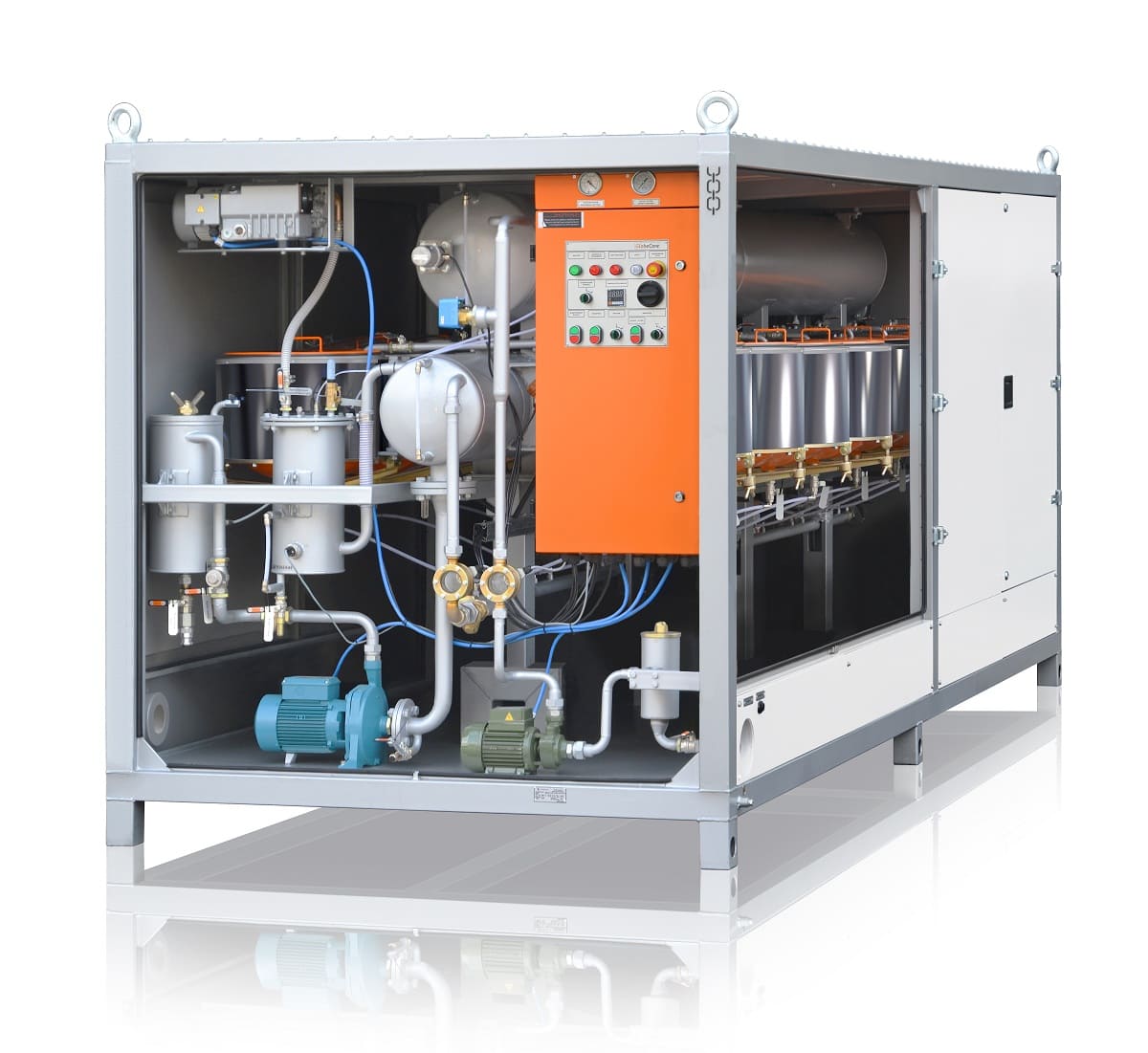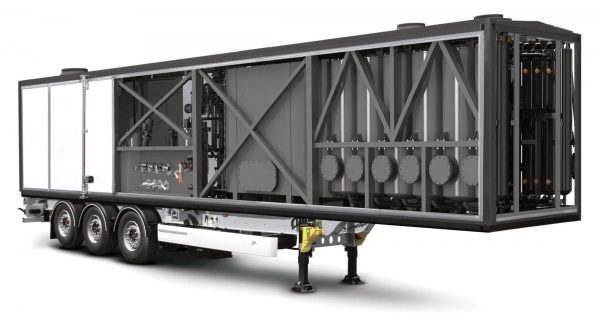Environmental problems are most often discussed in regard to crude oil production and transportation. Oil in the environment can damage soil, water bodies and the atmosphere. Due to the high profile of these problems, certain measures have been implemented, but there are other less visible problems, such as waste oils, which do not receive nearly as much publicity, although thousand of liters of waste oil are generated daily.
Waste oil: what is it?
The general definition is that waste oil is the mineral oil produced from crude oil or synthetic oil which contains impurities and which has lost its quality in use. This oil cannot be used for its original purpose and is considered waste.
There are many sources of waste oil: transformers, turbines, vehicles, hydraulic systems etc.
Certain standards have been implemented, which make proper processing for used oil mandatory for the following categories (among others) of oils:
- waste motor and vehicle lube oil;
- waste industrial oil (turbine, electrical insulation, compressor, beating, cable etc).
To avoid confusion, some products are not classified as waste oil:
- vegetable oil or animal fat;
- products contaminated with waste oil, such as sorbents or scrap metal;
- products cleaned from oil storage tank bottoms;
- natural petroleum fuels;
- various solvents;
- waste kerosene and anti-freeze;
- products which cannot be processed using waste oil processing methods.
Some numbers
Approximately 42 million of waste oil was used in 2010. By 2015 this amount grew to 45 million tons.
Table 1 shows the structure of used materials.
Table 1
| No |
Oil type |
Share of total use, % |
| 1 | Motor vehicle lube |
56 |
| 2 | Hydraulic oil |
13 |
| 3 | Process oil |
10 |
| 4 | Other types of industrial oil |
11 |
| 5 | Lube |
3 |
| 6 | Industrial gearbox oil |
2 |
| 7 | Other |
5 |
It is estimated that about 16 million tons of oil are illegally dumped, incinerated or otherwise disposed of incorrectly in the world each year.
Only about 50% (20 million tons) of waste oil is collected for processing.
Why is waste oil dangerous?
Waste oil is usually highly or moderately hazardous material.
Used oil is more hazardous than crude oil, since it also contains tar, carbene, additives, polyolefins, solid particles and other impurities.
Such oil is extremely harmful for the environment and has carcinogenic and mutagenic effects. One liter of waste oil can poison up to 1 million liters of fresh water.
How to process waste oil?
Recycling of waste oil was first suggested in 1930, but the process became more or less common only in the 1970s. The first method of disposal was burning the oil as fuel. Later waste oil was processed, purified and mixed with new oil.
Burning without purification. Burning unpurified waste oil emits hazardous materials into the atmosphere, with harmful health effects. This method is only possible if both the oil and the burners meet all the environmental standards.
Processing for fuel production. In this case the oil is processed to make liquid fuel with low sediment and water content, to avoid formation of sludge and clogging of burners. The difference from the previously discussed burning, the oil is filtered to remove impurities. Filtration and settling are not sufficient to remove chemical contaminants, so the oil is often distilled and processed with bleaching clay.
Restoration on site. This is a common method for large facilities generating large amounts of waste oil. Filtration can remove most impurities directly on site. Oil lifetime can be extended, if the purification is regular. GlobeCore offers the CFU filter carts for this purpose.
Restoration at refineries allows to use waste oil in the process of oil refining and fuel production.
Complete regeneration. The CMM-R (transformer oil only) and UVR (transformer, turbine, industrial oils) units by GlobeCore can restore the properties of used oil to their standard values, making it possible to reuse the oil.
In theory, the service life of oil can be extended almost indefinitely if the regeneration processing is applied in a timely manner, which makes it the preferred method from the economic and environmental viewpoint, especially considering the the energy costs of regeneration are 70% less than the cost of making oil from crude.


 CMM-4,0F Oil filtration ...
CMM-4,0F Oil filtration ... Private: CMM-450/16U Transformer ...
Private: CMM-450/16U Transformer ... CMM-12R Oil Regeneration ...
CMM-12R Oil Regeneration ...